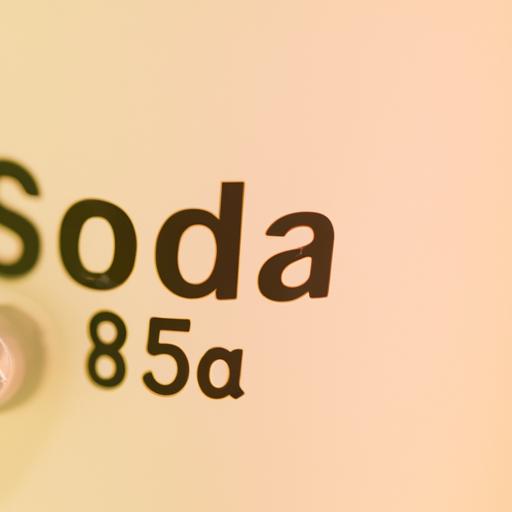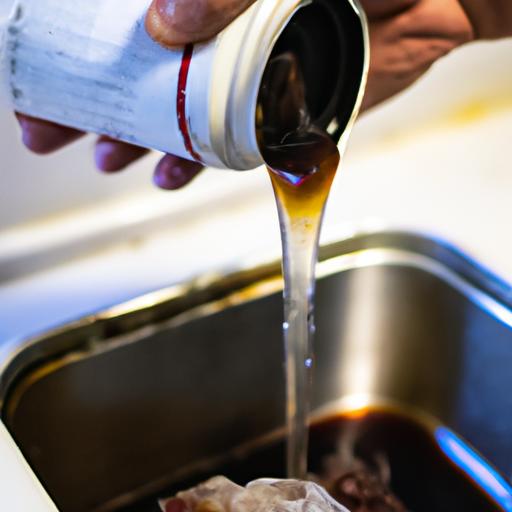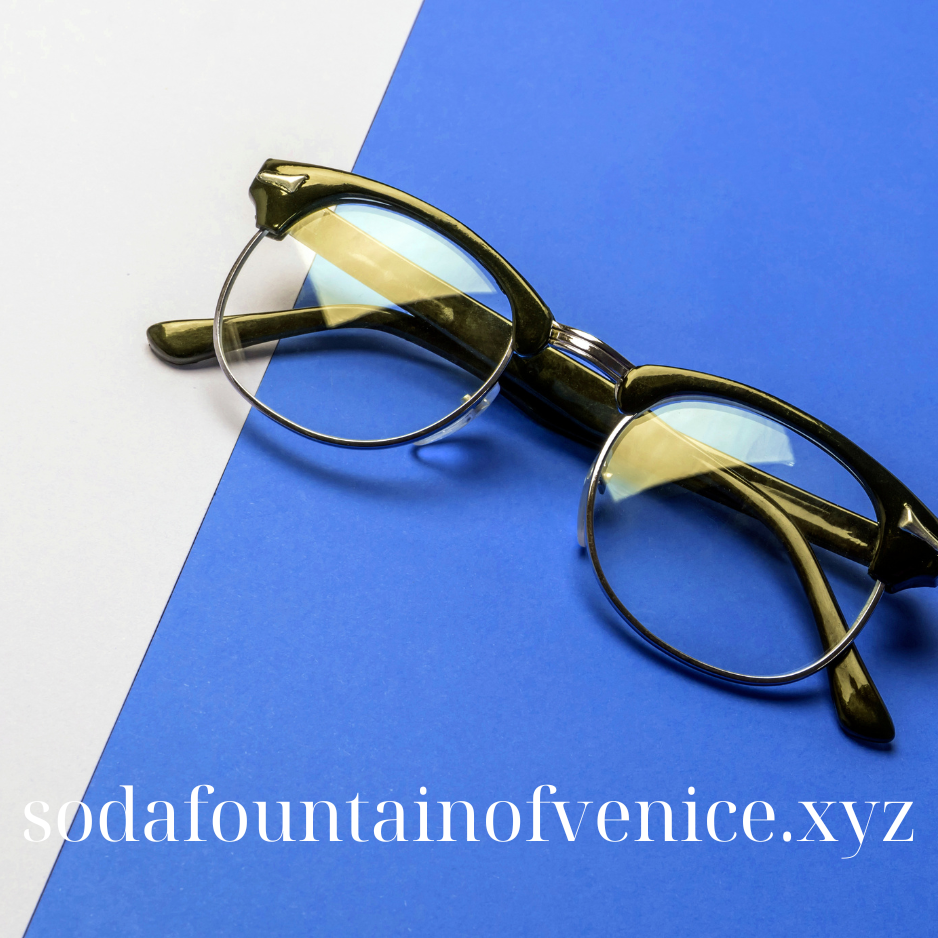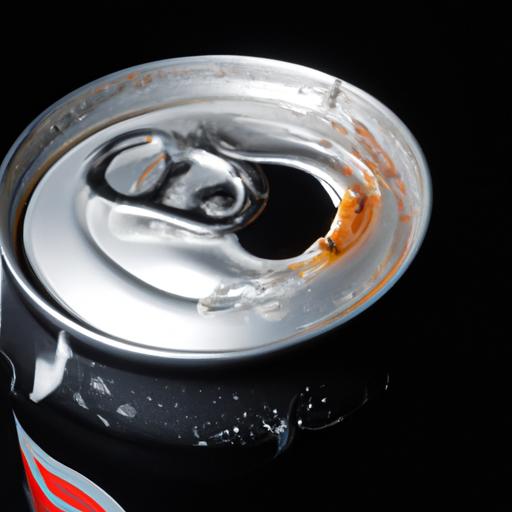Soda FAQs
How Does Soda Expire?
As a soda lover, have you ever wondered how long your favorite drink lasts before it goes bad? Soda expiration is a crucial aspect that every soda drinker should understand. It can impact taste, quality, and even your health. In this article, we will explore the intricacies of soda expiration and how it can affect your drinking experience.
Understanding soda expiration is essential because it can help you make informed decisions about the drinks you consume. Most people assume that soda can last indefinitely because it is a carbonated beverage. However, like most products, soda has an expiration date. In this article, we will look at the factors that contribute to soda expiration, how to tell if soda has expired, why soda expires, and the health risks of consuming expired soda.
By the end of this article, you will have a better understanding of soda expiration and be equipped with the knowledge to make informed decisions about the drinks you consume. So, let’s dive in and explore the world of soda expiration together.
What is Soda Expiration?

Definition of Soda Expiration
Soda expiration refers to the time when the carbonation, flavor, and quality of the drink deteriorate to an extent that it is no longer fit for consumption. It is essential to note that soda expiration is not the same as the expiration date printed on the bottle. The expiration date indicates when the soda is at its peak freshness, but it can still be consumed after that date. However, the quality and taste may not be the same.
Factors that Contribute to Soda Expiration
Several factors can contribute to soda expiration, including exposure to air, light, and heat. When the bottle is opened, the carbonation in the soda starts to escape, and the drink begins to go flat. Exposure to air also allows bacteria to grow, which can lead to spoilage. Light and heat can affect the flavor of the soda and speed up the chemical reactions that cause the drink to expire.
Other factors that can contribute to soda expiration include the ingredients used to make the drink, the production process, and the packaging. For instance, soda made with natural ingredients has a shorter shelf life than soda made with artificial flavors and preservatives. Similarly, soda that is packaged in clear bottles is more susceptible to light damage than soda packaged in dark bottles.
Understanding the factors that contribute to soda expiration is crucial in ensuring that you consume only fresh and safe soda. In the next section, we will look at how to tell if soda has expired.
How to Tell if Soda has Expired

Have you ever opened a can of soda, taken a sip, and immediately noticed a difference in taste or quality? If so, it may be a sign that your soda has expired. Here are some signs and symptoms to look out for when checking if your soda has expired:
Signs and Symptoms of Expired Soda
-
The expiration date has passed: The easiest way to tell if your soda has expired is by checking the expiration date. If it has passed, then your soda may have expired.
-
Fizzy soda has gone flat: If your soda is no longer carbonated or fizzy, it may have expired.
-
Strange odor or taste: If your soda smells or tastes strange, it may have gone bad.
-
Cloudy appearance: If your soda appears cloudy, it may have expired.
How Expiration Affects Taste and Quality
Soda expiration can impact the taste and quality of the drink. As soda ages, it can lose its carbonation, become flat, and develop an off-taste. It can also lose its sweetness and become more acidic, leading to an unpleasant drinking experience. Additionally, expired soda can contain harmful bacteria that can cause health risks.
Therefore, it is essential to check the expiration date and signs of soda expiration before consuming it. By doing so, you can avoid drinking expired soda and ensure that you are consuming a fresh and high-quality beverage.
Why Does Soda Expire?
Soda expiration happens due to a combination of factors, including chemical reactions and storage conditions. Let’s take a closer look at each of these factors.
Chemical Reactions that Occur During Soda Expiration
Soda expiration can be attributed to the chemical reactions that occur within the drink. Carbonated beverages like soda have carbon dioxide gas dissolved in them, which gives them their signature fizz. Over time, carbon dioxide molecules start to escape from the soda, which causes the drink to lose its carbonation. As a result, the soda becomes flat, and the taste changes.
Another chemical reaction that occurs during soda expiration is the breakdown of sugars in the drink. Soda contains a lot of sugar, and when the drink is exposed to air, the sugar molecules start to break down. As a result, the soda becomes less sweet and can even taste sour.
Impact of Storage Conditions on Soda Expiration
Storage conditions play a significant role in soda expiration. If soda is stored in a warm environment, it can accelerate the chemical reactions that cause expiration. Heat can also cause the can or bottle to expand and contract, which can lead to leaks and contamination.
On the other hand, storing soda in a cold environment can slow down the chemical reactions that cause expiration. However, storing soda in the fridge for too long can also affect the taste of the drink. Soda can absorb flavors from other foods in the fridge, so it’s best to keep it in a separate compartment.
In conclusion, understanding why soda expires can help you make informed decisions about the drinks you consume. By controlling the storage conditions and consuming soda before its expiration date, you can ensure that you always have a fresh and enjoyable drink.
Health Risks of Consuming Expired Soda
Potential Health Hazards
Expired soda can pose several health risks to the consumer. One of the primary concerns is bacterial growth. When soda expires, bacteria can grow in the drink, making it unsafe to consume. Drinking expired soda can lead to stomach upset, diarrhea, and vomiting.
Another potential health hazard associated with consuming expired soda is the presence of harmful chemicals. Soda contains preservatives and artificial sweeteners that can break down over time, leading to the formation of harmful chemicals. Consuming these chemicals can lead to serious health problems such as cancer and organ damage.
Importance of Avoiding Expired Soda
It is crucial to avoid consuming expired soda to prevent the risk of health problems. Always check the expiration date on the soda before consuming it. If you are unsure whether the soda is safe to drink, it is better to err on the side of caution and dispose of it.
Proper storage of soda can also help extend its shelf life and reduce the risk of bacterial growth and chemical breakdown. Store soda in a cool, dry place away from direct sunlight and heat sources. Avoid storing soda in the refrigerator for extended periods as it can lead to the formation of harmful chemicals.
In conclusion, consuming expired soda can pose several health risks, including bacterial growth and harmful chemical formation. It is crucial to avoid consuming expired soda and properly store soda to extend its shelf life.
Conclusion
In conclusion, understanding soda expiration is crucial, not only for taste and quality but also for your health. Soda expiration can be caused by various factors such as chemical reactions and storage conditions. It is essential to check for signs of expiration before consuming soda to avoid potential health hazards.
By following the guidelines outlined in this article, you can ensure that you are consuming fresh, safe, and delicious soda. Always check the expiration date, examine the soda for signs of expiration, and store it properly to extend its shelf life.
Remember, soda expiration is not something to take lightly. Be mindful of the drinks you consume, and always prioritize your health and well-being. With this knowledge, you can enjoy your favorite soda without worrying about its expiration.


